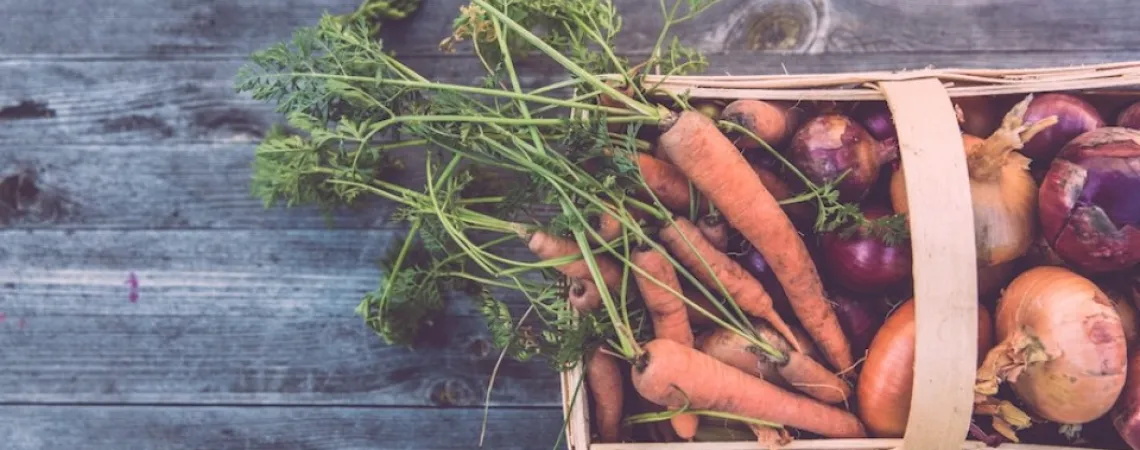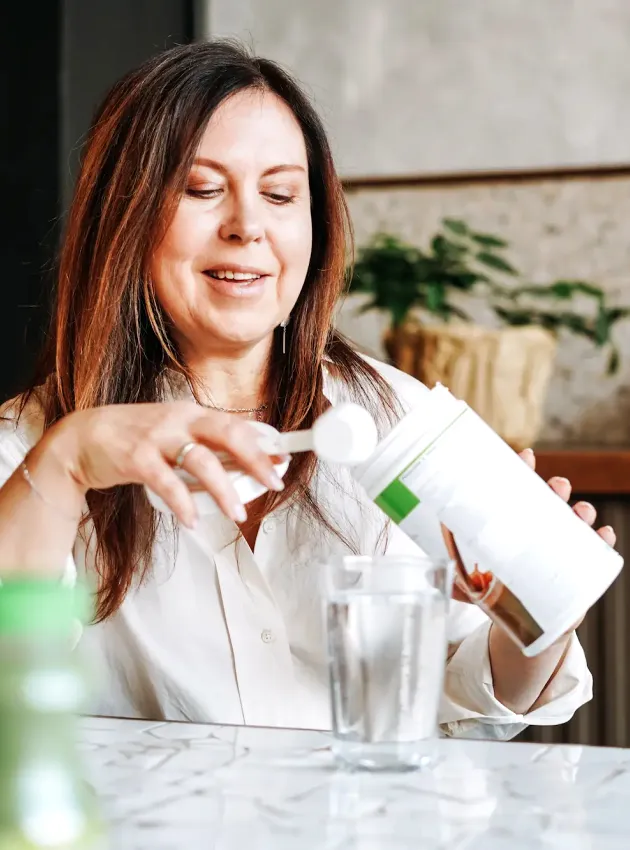
Many clients ask me a lot of questions about organic foods. The increasing availability of these products in the market sparks interest as well as many inquiries: should I buy organic, and if so, for what reasons? Here are some insights to help you make up your mind on this question.
What does "Organic" mean?
When you buy organic food, what exactly is guaranteed? Organic foods have been grown in an environment without pesticides, herbicides, and synthetic chemical fertilizers. They do not contain GMOs. This certification prohibits the use of synthetic hormones and preventive antibiotics, and processed products do not contain synthetic preservatives. Livestock animals also have the right to adequate space and appropriate rearing conditions (1).
Is buying organic better for health?
It would make sense to think that consuming organic food would be better for our health. Unfortunately, that's not what the studies demonstrate. In terms of nutritional value, a meta-analysis on the subject concludes that organic foods have nutrient concentrations similar to those of conventionally grown foods, except for slightly higher levels of phosphorus and phenols (2). Therefore, it is not proven that organic foods are more nutritious.
It is also logical to think that organic foods are better for our health because they have not been cultivated with pesticides and therefore contain much lower levels of them (2). A large-scale study (3) recently demonstrated for the first time that people who consume more organic food have a lower risk of developing cancer, which the authors attribute to the lower pesticide concentration in these foods. Of course, further studies are needed to confirm the impact of consuming organic food on health.
So, is organic food better for health? The evidence is still lacking. However, when it comes to the health of the planet and farmers exposed to significant concentrations of pesticides and herbicides, there is no doubt!
Is buying organic really more expensive?
One major barrier to purchasing organic food is often the price. But is organic really more expensive? According to a survey by La Presse (4), with the increasing popularity of these products and their growing availability in the market, that is becoming less true. Although some products such as eggs, meat, and fish remain expensive, this is not necessarily the case for fruits and vegetables. It's worth taking a look!
Where should I start if I want to eat organic?
Without completely changing our grocery list, it is possible to make certain choices. The Environmental Working Group (EWG), a nonprofit organization, publishes a yearly list called the Dirty Dozen, which identifies the 12 fruits and vegetables most contaminated by pesticides. Why not start by opting for their organic versions? To see the 2018 list, click here.
How do I know if it's organic?
To ensure that you are buying food from organic agriculture, look for foods that bear the logos of organizations recognized by the Canadian Food Inspection Agency. Among the most common logos in the Quebec market, you may find the logos of the following organizations:
- Organic Canada
- Ecocert Canada
- Québec Vrai
- Letis S.A.
- Quality Assurance International (QAI)
- TransCanada Organization Certification Services (TCO cert)
- Pro-cert
Lastly, there are good ethical and ecological reasons to choose organic food, even if no proven health benefits have been established. As a nutritionist, I consider it part of my role to help improve your diet for your health as well as the health of our planet. So let's change our world one vegetable at a time, starting with our shopping basket!
1. Systèmes de production biologique – principes généraux et normes de gestion. Office des normes générales du Canada, 2018.
2. Smith-Spangler C., Brandeau M.L., Hunter G.E. et Bravata D.M. Are organic foods safer or healthier than conventional alternatives? Ann Intern Med 2012;157(5):348-366
3. Baudry J., Asmann K.E., Touvier M. et al. Association of Frequency of organic food consumption with cancer risk – findings from the NutriNet-Santé Prospectivr study. JAMA Intern Med. 2018;178(12) :1597-1606
4. Lortie M-C. (2018).Se faire une tête sur le bio. http://plus.lapresse.ca/screens/e9a8debc-351b-4b52-bc6b-f9bb43f39cd6__7C___0.html
Credit photo: www.freepik.com/free-vector/collection-of-environmental-friendly-typogra... by Rawpixel.com





